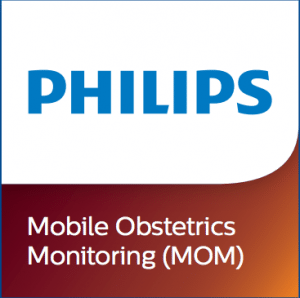
Agriculture
June 8, 2024
Mobile Obstetrics Monitoring (MOM)
Read SolutionImplemented by
Philips
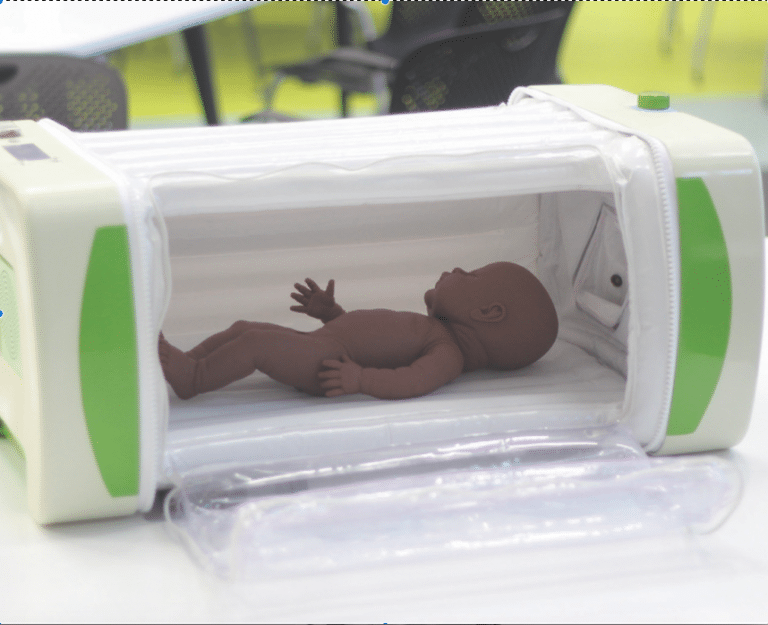
Updated on September 27, 2024
·Created on August 21, 2016
MOm incubator is a collapsible and transportable infant incubator designed for critical infant care in conflict areas and underserved regions.
mOm Incubator is a collapsible and transportable infant incubator designed for critical infant care in conflict areas and underserved regions. Currently, the product is still in the prototype stage.
Target Countries
Lebanon, Syria
Target SDGs
SDG 3: Good Health and Well-Being
Target Users (Target Impact Group)
Household, Community
Distributors / Implementing Organizations
The device is currently in development, while mOm is building a global distribution network.
Competitive Landscape
Direct competitors include GlobalNeoNat Infant Incubator.
Countries
Lebanon, Syria
Manufacturing/Building Method
Unknown
Intellectural Property Type
Select Type
User Provision Model
The device is currently in development but in the meantime, mOm is building a global distribution network. At this time, if anyone is interested in purchasing mOm, they should contact mOm directly.
Distributions to Date Status
As of May 2019, the product is a prototype that is not widely distributed.
Accuracy of temperature control (deg C)
Unknown
Accuracy of temperature display (deg C)
Unknown
Alarm level
Unknown
Alarm type
Unknown
Use Duration (hours)
Unknown
Design Specifications
MOm is a compact and low-cost solution that provides an enclosed microenvironment similar to a conventional incubator. This is important to ensure a higher degree of thermoregulation and minimize the risk of infection to the baby. Design specifications provided by designers are as follows:
- Compact for ease of storage and transport
- Lightweight – up to 90% less than the weight of a conventional incubator
- Easily cleaned materials and replaceable body intended to minimize infection risk
- Runs on mains power and utilizes a rechargeable battery
A video about the device is available on the mOm website.
Experts advise that critical design features include alarms as incubators' main purpose is thermal regulation, so the newborn can bootstrap weight gain. (ie. nutrition given to the newborn need not be used to keep warm, but for growth/weight gain/making fat deposits - so thermal regulation can become self-sustaining). While hypothermia is the condition everyone aims to avoid, even the onset of cold stress is enough to cause damage to the weight gain process, hence early detection of this is necessary. So, frequent alarms that can be customized are necessary. Additionally, the accuracy of temperature display and control are essential. As a rule of thumb, the accepted levels are +/-0.1 deg C. Even to the untrained user, an indicator that the incubator is ON and functioning properly is important.
In incubators, dead-spaces in air circulation pathways are notorious for being culture beds for dangerous bacteria. Consequently, complete disinfection is essential. A related component is the air filter - ease of cleaning/replacement is important since it is the second favorite place for bacterial growth.
If there is a 'skin temperature' control mode, it needs to be specified. The implications of the thermistor (or baby temperature probe) needed to effectively monitor/display (and control in case of skin mode). The whole system breaks down if the thermistor fails and it is not an incubator anymore.
Technical Support
Unknown
Replacement Components
Unknown
Lifecycle
Unknown
Manufacturer Specified Performance Parameters
MOm claims to "provide a level of thermoregulation that meets the standards set for conventional incubators."
It is also stated to be operable without a mains power source for over 24 hours by using available systems like car batteries
Vetted Performance Status
Unknown
Safety
The device must regulate temperature accurately and precisely to ensure infant safety, because it is essential to keep neonates at a constant temperature. No known safety requirements are specified for this device.
Complementary Technical Systems
MOm is intended to be used in conjunction with Kangaroo Mother Care (or skin-to-skin) to help keep hypothermic babies warm.
Academic Research and References
None
Compliance with regulations
MOm aims to be initially regulated as a medical device in Europe with a CE Mark as a Class IIb device. Further regional approvals will be sought thereafter. Experts advise that the standards needed for compliance are CE Mark or FDA 510K - IEC 60601 for medical electronics which guides all medical equipment for CE mark, etc.
Evaluation methods
Lab testing included the development of both an electronic prototype and an aesthetic/functional prototype. Testing revealed that the electronic prototype could maintain the correct environment for the child. The functional/aesthetic prototype showed that a newborn could comfortably fit inside the incubator and all of the electronics used along with the inflatable material could be packaged away inside the casing ready for transport.

Agriculture
June 8, 2024
Implemented by
Philips
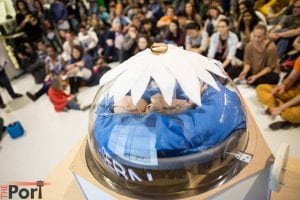
Agriculture
December 19, 2023
Implemented by
GlobalNeoNat
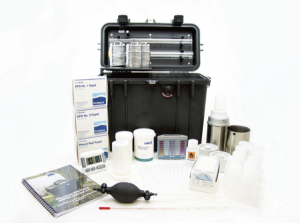
Agriculture
January 18, 2024
Implemented by
Barry Lloyd, University of Surrey
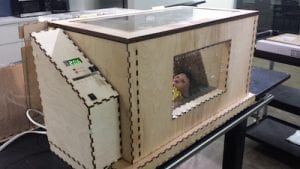
Agriculture
September 27, 2024
Implemented by
Rice University
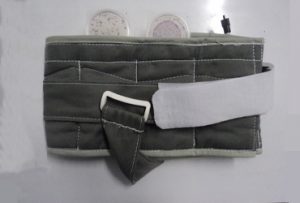
Agriculture
January 27, 2024
Implemented by
Environment & Public Health Organization (ENPHO)

Agriculture
January 27, 2024
Implemented by
Water and Environmental Engineering, University of Bristol
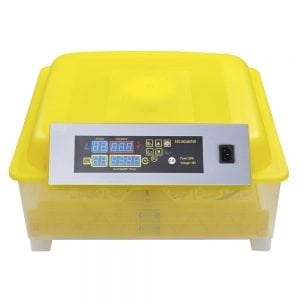
Agriculture
August 22, 2024
Implemented by
Engoho Kuku Farmer
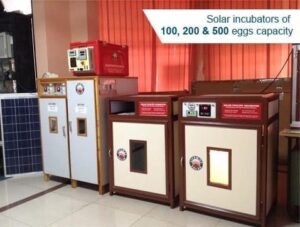
Agriculture
January 8, 2024
Implemented by
Lifeway Solar
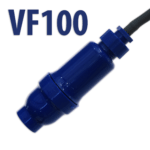
Agriculture
January 2, 2024
Implemented by
Village Water Filters, Inc.
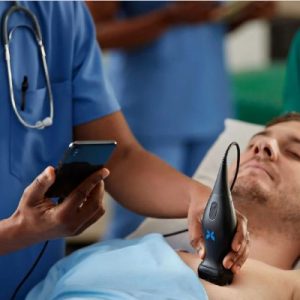
Agriculture
September 26, 2024
Implemented by
Butterfly iQ
Have thoughts on how we can improve?
Give Us Feedback